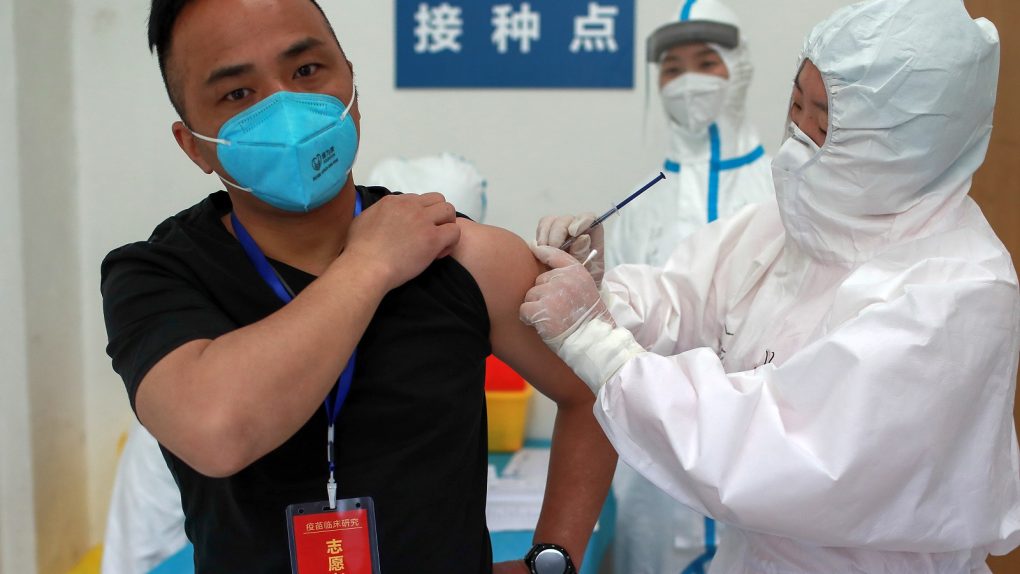- A coronavirus vaccine being developed by Oxford University scientists entered Phase I clinical trials last week and could be ready to roll out by September.
- Six rhesus monkeys who were inoculated with the vaccine and exposed to heavy quantities of the novel coronavirus were still healthy 28 days later.
- 5,000 more participants will join the vaccine clinical trials in May.
- Visit BGR’s homepage for more stories.
There has been one question on everyone’s mind since the novel coronavirus outbreak in China turned into a global pandemic: How long is this going to last? No one knows the answer to that question, but in all likelihood, life won’t go back to normal until a vaccine has been developed, tested, and produced at a large scale. The initial projections said that 12-18 months would be the best-case scenario for the development and rollout of a coronavirus vaccine, but the Edward Jenner Institute for Vaccine Research at Oxford University is trying to speed up that timeline.
The New York Times reports that the Jenner Institute had a head start on other labs as it had proved in earlier trials that inoculations using its vaccine (“including one last year against an earlier coronavirus”) were harmless to humans. This gave the Oxford group the ability to schedule tests of its vaccine with more than 6,000 people by the end of May, where other labs are limited to hundreds of test participants due to safety concerns.
If they are given emergency approval from regulators, the Oxford scientists say that “the first few million doses of their vaccine could be available by September” if they find that the vaccine is effective. In a report about the vaccine from The Times, Oxford professor Sarah Gilbert said she was “80 per cent confident” it would be effective.
And there is already evidence to suggest that it might be, thanks to a test at the National Institutes of Health’s Rocky Mountain Laboratory in Montana last month. The Times reports that six rhesus monkeys were inoculated with single doses of the vaccine before being exposed to heavy quantities of the virus. 28 days later, all six monkeys were still healthy, according to Vincent Munster, the researcher who conducted the test.
“The rhesus macaque is pretty much the closest thing we have to humans,” Dr. Munster said. He expects to share the results with other scientists next week before submitting them to a peer-reviewed journal.
The Times report goes into some detail about how the Oxford novel coronavirus vaccine works:
The institute’s effort against the coronavirus uses a technology that centers on altering the genetic code of a familiar virus. A classic vaccine uses a weakened version of a virus to trigger an immune response. But in the technology that the institute is using, a different virus is modified first to neutralize its effects and then to make it mimic a targeted virus — in this case, the virus that causes Covid-19. Injected into the bloodstream, the harmless impostor can induce the immune system to fight and kill the targeted disease, providing protection.
Last week, the vaccine entered into a Phase I clinical trial with 1,100 participants. Next month, Phase II and Phase III trials will begin, which will add another 5,000 participants. If the scientists see the results they’re hoping for, they say they will “have a party and tell the world,” and vaccinate those that received a placebo.








